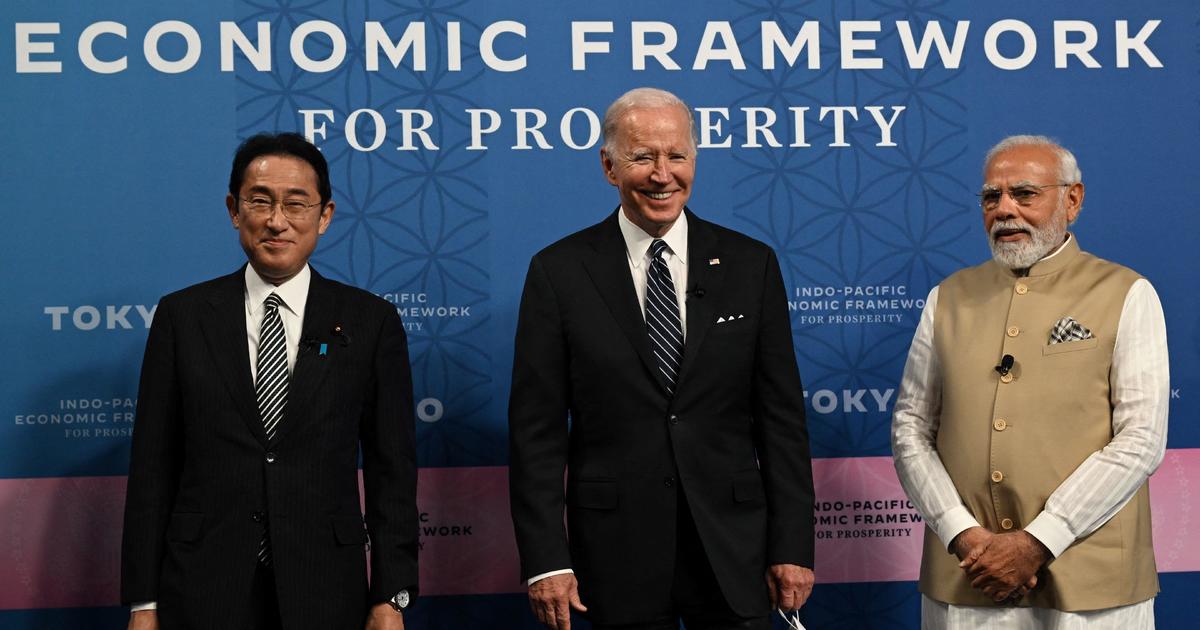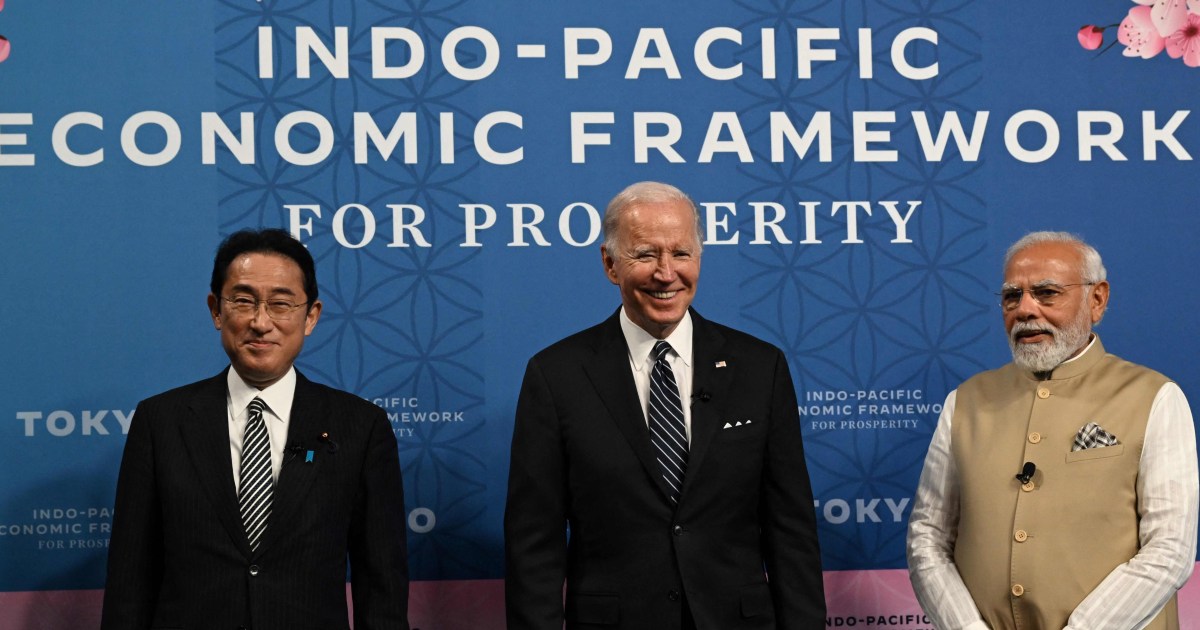The Spin
Establishment-critical narrative
The IPEF is an uninspiring prospect for the pact's members; it lacks clear trade provisions and, thus, clear incentives for developing, trade-reliant nations that have joined the US-led deal. In fact, Biden's resistance to pursuing a major trade deal echoes the protectionist inclinations of Trump and his abrupt exit from the TPP.
Pro-establishment narrative
Had Trump not pulled out of the TPP, Biden wouldn't be forced to make diplomatic compromises with such a diluted framework. In the current, delicate state of hyperpartisanship, Biden knows he would be unable to garner support for a less flexible or more committed trade deal than IPEF, which will successfully keep the US active in the Asia-Pacific region until political attitudes towards traditional trade agreements move forward.
Metaculus Prediction
There is a 50% chance that at least 2.77% of global payments in 2023 will be in Chinese renminbi, according to the Metaculus prediction community.





